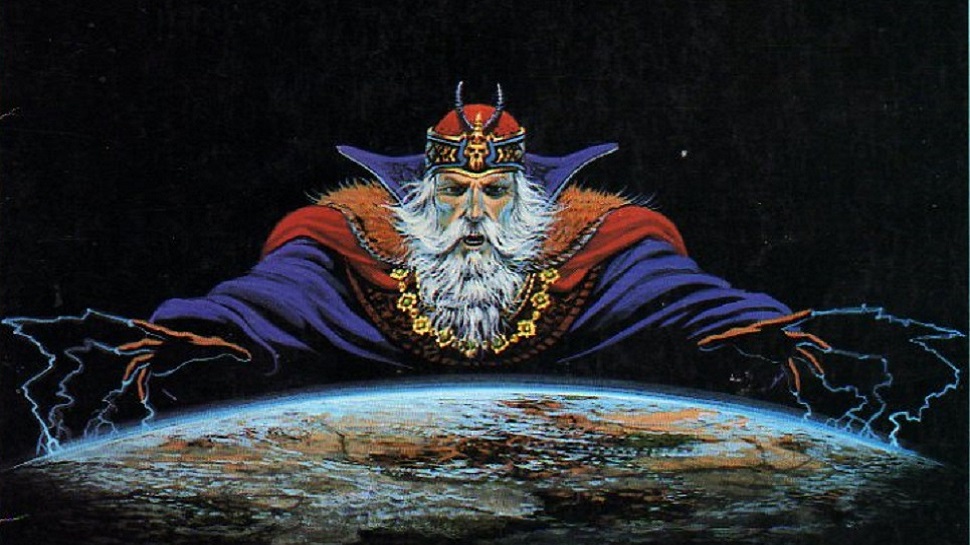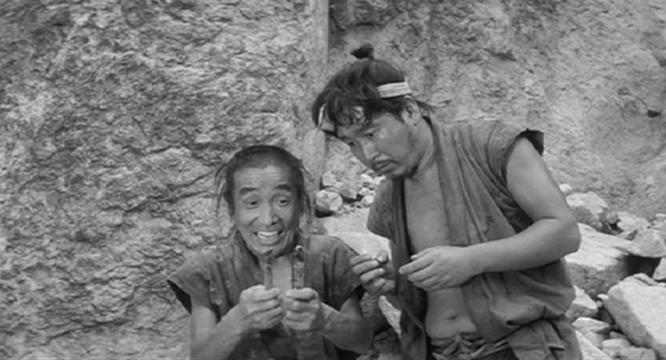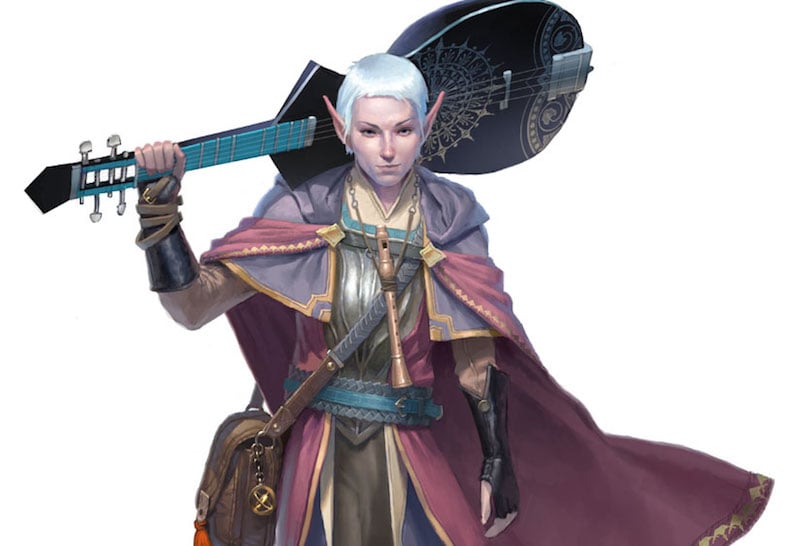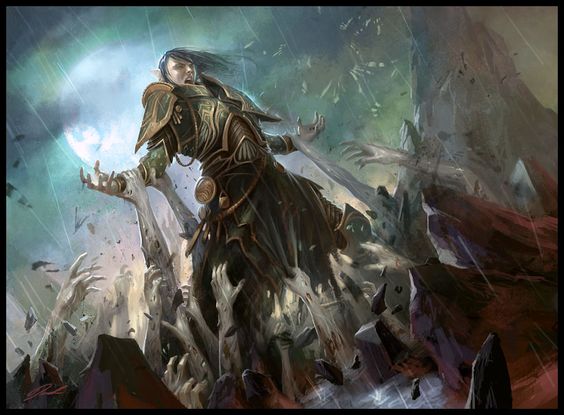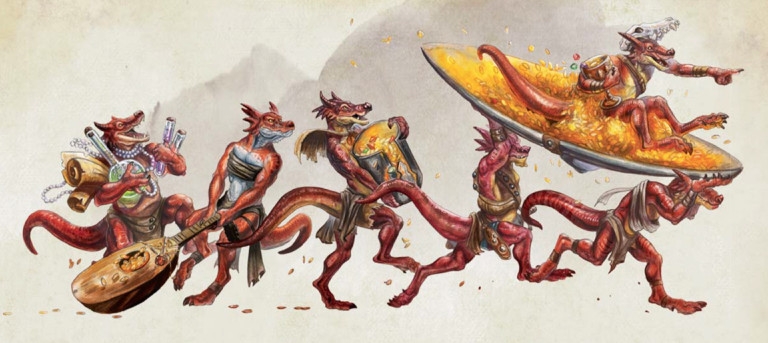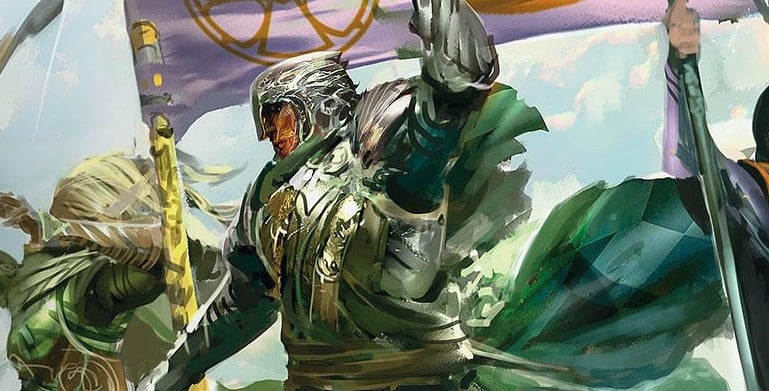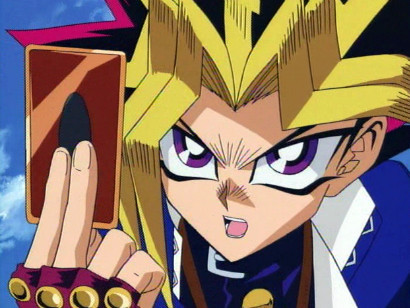RPG: Sidekicks, Minions, and…Friends?
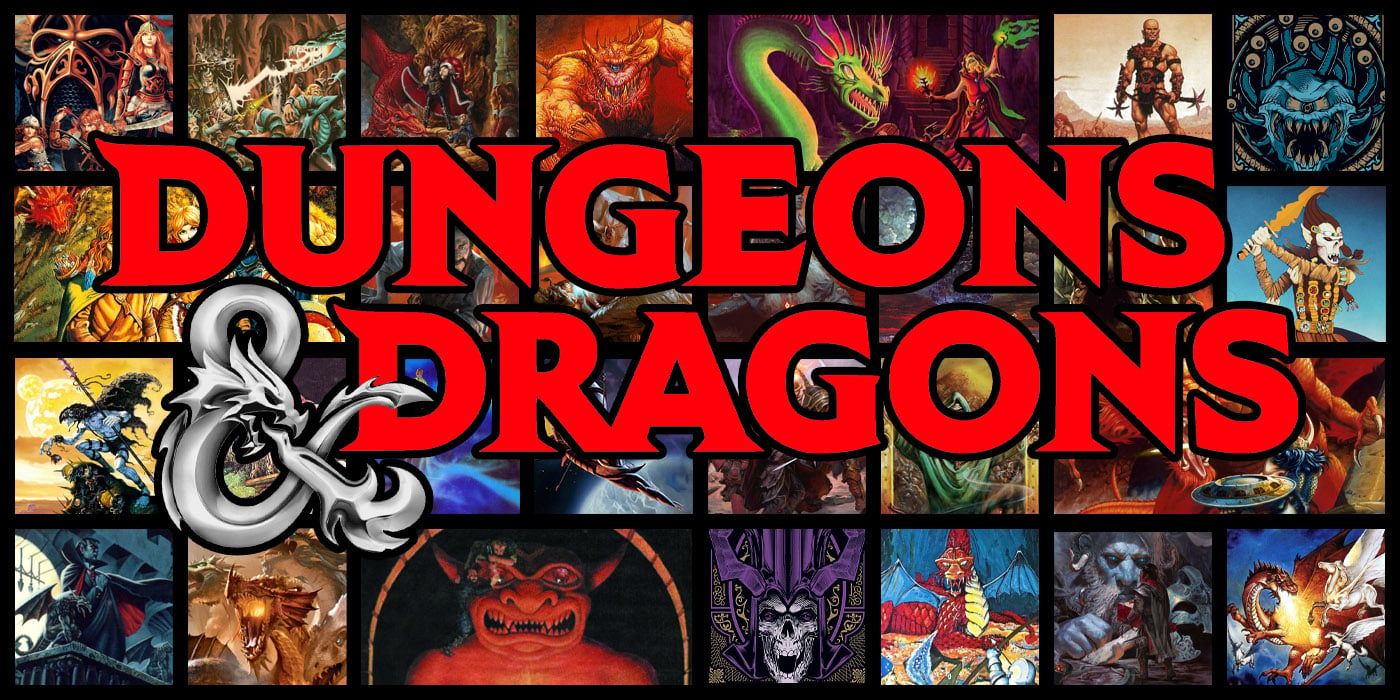

Your lowliest NPCs can be a great asset both to your game, and to your player characters. Here’s how.
It’s time to talk a little more about roleplaying, friends. We’ve talked about it before–taken a look at how you can get your PCs to start thinking in character. Today we’re going to talk about how your NPCs can help make the most out of those moments and help give a little bit of extra oomph to the moments between all the murder-hoboing.
NPCs are useful tools that any GM can use to bring out more of the player characters’ motivations and, well, character. They can add texture to moments by either complementing or contrasting the players’ viewpoints. With a little care–and the opportunity for a little bit of time to pass, they’re a fantastic way to show the impact that the PCs have had on the world. Minions, sidekicks, henchmen…whatever you want to call them, it’s in the lowest of characters that we can get some of the deepest texture.
It’s a classic storytelling trope, using low-status characters to offer up color commentary or insight that other characters might never be able to espouse. Shakespeare had his Rude Mechanicals and a host of other peasants in the various histories, Kurosawa had the peasants Tahei and Matashich who would later be echoed in C-3PO and R2-D2 in Star Wars. So let’s look at a few ways you can use characters like these in your own games.
Another Kind of Spotlight
Characters like these are another kind of spotlight you can shine on your players. Sure, there are the moments when a character takes center stage–maybe their backstory is the one getting used at the moment, or they’re the ones who’ve been impaled by the Plot Sword. But that’s no reason to let the other PCs hang back. You can use NPC minions or friends or whatever to push other characters into the spotlight, even if they’re not at the center of the story.
Okay, maybe this one is a bad example…
I say minion or henchmen or some other low-status character–and briefly, when I say status I don’t necessarily mean like actual socioeconomic status (though that’s certainly one option) they could just be not as capable or confident as the characters, or have things that keep them from being the stars. In this case, their lower status means they’ll need things. Have them come to the players with schemes of their own.
Maybe the Paladin’s squire convinces the party’s Rogue to try and acquire a loaded set of dice without the Paladin knowing–and the two of them end up running a con. Or the torchbearer the party has taken on tries to convince the bard to help her write poetry for a young lover she’s taken an interest in. The alchemist the players hired accidentally brews a bad batch of potions that need…seeing to. What you’re looking for here are ways to organically introduce needs that can be served by the player’s under-utilized skills/proficiencies.
Bring the Inside to the Outside
Not literally–that’s more the purview of villains than sidekick or other lowly type NPCs. No I’m afraid we’re talking about internal monologues here. Allied NPCs, especially the lowlier ones can serve as a fantastic prompt to try and bring out a character’s inner monologue. It’s hard to get at otherwise–this isn’t a novel or a play, you don’t usually see long soliloquies (or short ones for that matter) from characters that talk about their thought processes. But with a little planning beforehand, your NPCs can set up players to spill their guts out.
You wanted us to spill someone’s guts?
Again, figuratively.
And I don’t mean they always have to ask questions or talk only about the players–give them personalities and hopes and dreams–but have them share them with the players. Lead by example with these NPCs, you can use these as opportunities to set the dials. Take a little of the pressure off the players by setting up something easy, like a peasant who dreams of getting a big plate of food–and then “pass the mic” as it were to the other players.
You’re basically setting up the moment after a heist where everyone asks “what are you gonna do with your share of the money?” Or the camp scenes from Conan stories where his followers set up a contrast for Conan, giving him both something to play off of and look heroic against.
Kobolds know exactly what they’re going to do with their share of the loot. And lute.
Look What You’ve Done
Just as NPCs can bring a PC’s activities into the spotlight, they can also act as a great lens through which to see what the players have done. They’re a way to show that your players have grown or accomplished spectacular feats. If you’ve had someone accompanying the players on their adventures or seen them in the heights of heroism, then it’s an easy thing (and a believable one) to have someone point out the fact that they’ve accomplished great things.
It can be easy to ignore a player’s effects on the world–after all there’s a much more tangible effect in the form of new abilities or increased hit points as the characters level up–but you can find new texture to when a character levels up. Taking an example from other stories–this is the moment when the rest of Hogwarts turns to Harry and says, “actually you do things we can’t, you made a patronus and fought off Dementors.” It’s natural that your players will be heroic–but it means they won’t feel as threatened.
That’s where the NPCs come in–they add that extra layer of reaction to keep up both verisimilitude (happy now, English professors?) and immersion in the game by giving enough variety to keep it from feeling flat.
Changes
Not just a David Bowie best-of anymore. Your NPCs can provide a great way to show that the world has changed, and because of the players. It might be hard to sketch out a narrative arc for a traditional RPG protagonist–after all, they tend to start off stronger and get better as they go. Their desires are usually supplied by the quest–now granted this isn’t always the case, but, you can use an NPC to help outline the trajectory that the PCs have been travelling.
This is another one of those “time passes” moments you can capitalize on. Take an NPC who’s been incompetent at the beginning, and then show them being different. Maybe they’re a little braver (attributed, of course, to the PCs) or maybe they have been doing something with the wealth–but it’s a great chance to remind the characters that the world is living around them. It might help bring out a little of your players’ own goals–and if you can do that, you’ve already won.
Invested in your character, eh? You’ve just activated my trap card!
These are just a few ways you can use “lowly” NPCs to enrich your game. The obvious bonus answer here is, once someone’s gotten close to your players, you just have more people to threaten and ways to up the stakes, because any kind of caring or friendship is weakness–and I never cry in movies where they triumph with the power of friendship and/or love.
Got a favorite trick of your own? Share it with the rest of us!

